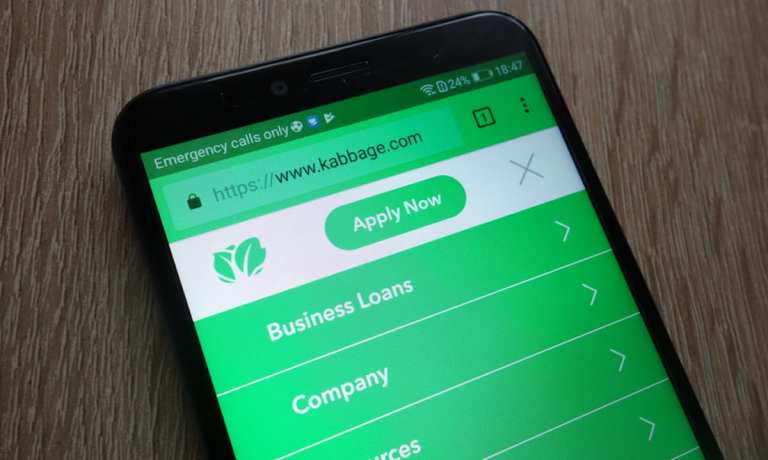American Express Acquisition Kabbage Rolls Out Checking For Small Businesses

Online lender Kabbage, which was acquired by American Express last year, is rolling out a checking account for small businesses, according to a press release.
“Small businesses should not have to sacrifice the features they expect from a bank in order to experience the benefits of an affordable business checking account,” said Gina Taylor Cotter, senior vice president of strategy and business operations at Kabbage, an American Express company.
“Kabbage Checking is built to give small businesses the flexibility of mobile banking — from in-app account management to mobile check deposits — with the convenience of a traditional bank, including in-person cash deposits, free ATM access and a compelling APY to directly support our customers’ growth,” she added.
American Express is also offering Kabbage Funding to a selection of existing customers and is planning to launch it to a wider population later in 2021. Kabbage Funding offers small approved businesses flexible lines of credit between $1,000 and $150,000.
“Small businesses juggle a lot of ‘to-dos,’ with financial management often being the most stressful and time-consuming one,” said Alenka Grealish, senior analyst at Celent, a financial services technology research firm. “Any simplification in accessing banking services is welcome. Moreover, any value proposition that rewards them for their banking business and charges them less translates into funds that the small business owner can use to grow the business.”
Kabbage first launched checking accounts in July 2020, which were geared at helping small businesses tap digital banking services like electronic wallets and bill payments. The company launched it with a 1.10 percent annual percentage yield, paid out every month, with no fees.
The PYMNTS March Main Street Survivor Study showed that in a crisis, some 18 percent of businesses cut overhead by reducing staff, which has a ripple effect of upping unemployment and reducing consumers’ own cash flow and spending power.